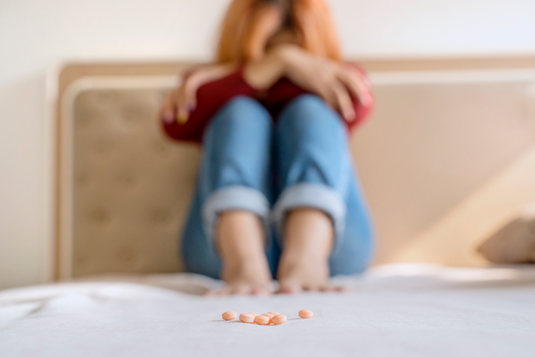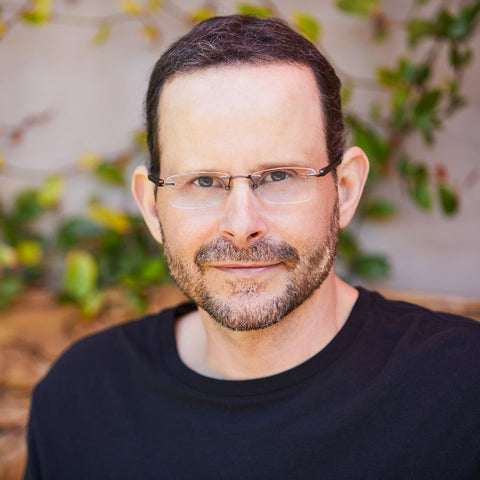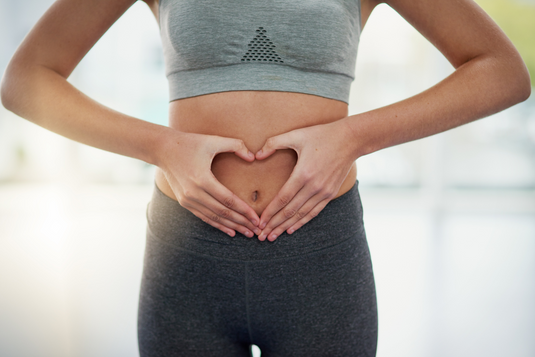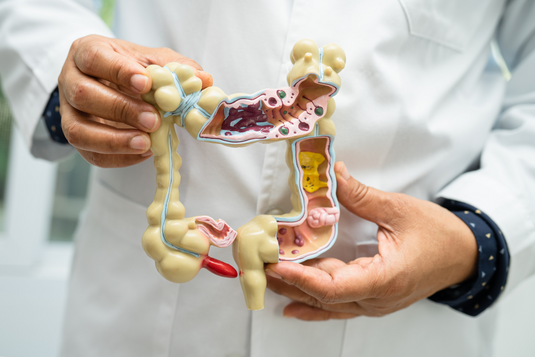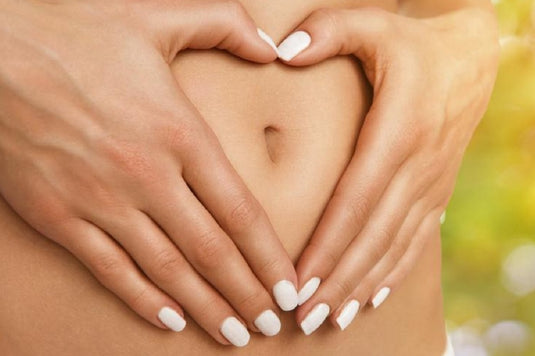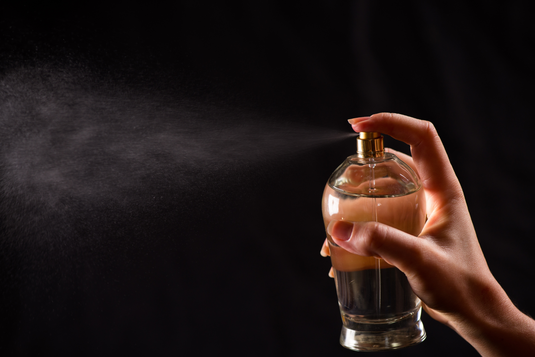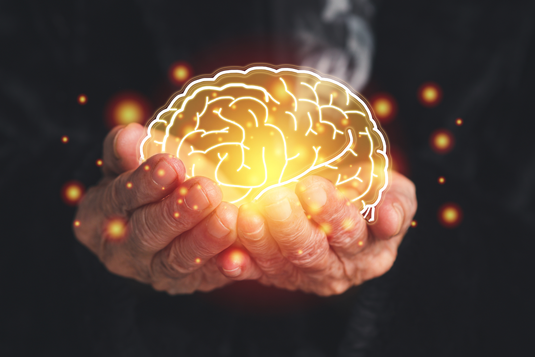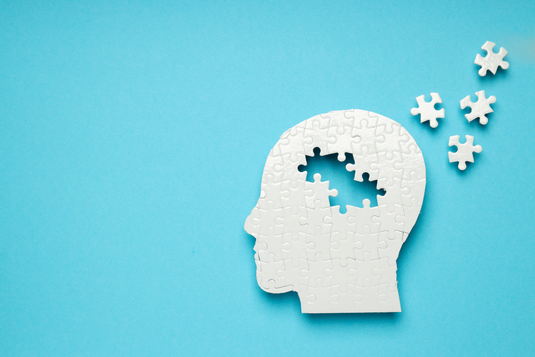Continuation of the article "Anthony William talks about addictions (part 1)" .
In the first part of the article, we discussed the two main reasons behind any addiction. The first reason is the lack of glucose. If you consume enough glucose from fresh fruits and vegetables, you are much less likely to develop an addiction. And if you're struggling with addiction, overcoming a glucose deficit can be a powerful step toward recovery. The second reason is adrenaline. Your own adrenaline can be highly addictive and usually plays a large role in any addiction, including drugs, alcohol, unhealthy sugars, and even danger.
Whether your addiction is relatively minor or life-threatening, the sooner you understand it and put into practice the following recovery protocols, the easier it will be to break free. We share this knowledge with you in the hope that it will help you if you ever feel lost or lose hope of success in fighting your addiction.
Collecting anti-addiction tools
If you're struggling with a highly destructive addiction, every step you take toward recovery matters. Armed with the information in this article, it can become a shield of sorts as you fight for your freedom from any addiction. Apply all possible tools to fight addiction:
- Use the information from the two parts of the article "Anthony William talks about addictions" to understand the elements behind your addiction.
- Make healing changes to your diet.
- Reach out to your family and friends.
- Find a counselor, support group, or rehab center.
Chocolate as a tool
It may come as a surprise, but chocolate can be a helpful tool for a person recovering from some addictions. In addition, some people are intolerant to chocolate because, although it has certain health benefits, it is also a neurotoxin. If you're really healthy, don't worry about indulging in chocolate now and then. But it's best to avoid chocolate for now if you have nervous system or neurological problems, including confusion, brain fog , neurological shaking or tremors, neurological pain, tingling, numbness, migraines, neuropathy, fibromyalgia, dizziness, vertigo , ringing in the ears.
If you're struggling to overcome drug addiction, eating chocolate regularly can help prevent you from going back to opiates.
Addiction to salt
Do you know someone whose food is never salty enough? If someone suffers from sodium addiction, they probably desperately need mineral salts for their adrenal glands and neurotransmitters in their brain. This addiction can occur if someone overloads their adrenal glands , which can cause their neurotransmitters to crave the mineral salts that protect this organ. ( Read more on the topic in the article "Why an excessive amount of salt is a problem food" . )
Unlike refined salt, sea salt , or Himalayan salt , the mineral salts found in certain fruits, leafy greens, and vegetables can play a significant role in overcoming adrenaline addiction and revitalizing the adrenal glands. Celery juice, plus spinach and other green leafy vegetables are just a few of the foods that are rich in undiscovered varieties of sodium that deeply nourish the body. While you don't need to eliminate Himalayan salt or high-quality sea salt completely from your diet, use in moderation and make sure your diet is rich in foods that are naturally rich in mineral salts, such as celery stalk juice.
Adrenal support and protection is an important step for anyone trying to prevent or break their addiction. If you're trying to cure yourself of a salt addiction, include adrenal snacks in your daily diet. Eating small meals every hour to an hour and a half can be extremely helpful. ( See the "10 Snacks for Healthy Adrenal Glands" recipe. )
Anorexia and bulimia
When mercury and other heavy metals interfere with the functioning of neurotransmitters in certain parts of the brain, some people may develop bulimia or anorexia. If they are removed through heavy metal detoxification , or if brain tissue develops in a certain way that bypasses heavy metals, you may still struggle with an addiction to your own adrenaline that manifests as an eating disorder. ( Read more on the topic in the article "Anorexia, bulimia and overeating" . )
One of the reasons bulimia can be so difficult to cure is the adrenaline rush people experience before they purge. This rush of adrenaline can be like a strong drug because of the euphoria it creates. A person struggling with anorexia may experience a rush of adrenaline when they look at food, especially if they have suffered from abusing various foods in the past. In this case, the rush of adrenaline acts like a drug, and the person can quickly lose their appetite.
Although many people believe that eating disorders stem from emotional distress, it is important to understand that these terrible traumas are severe triggers that can cause someone to develop an eating disorder, but they are not the cause. Usually, the combination of toxic heavy metals in the brain and the addiction to adrenaline that spikes every time an eating disorder is acted upon is why people continue to struggle. ( See the “Eating Disorders” article. )
Addiction to sugar and the role of fat
Your brain and liver need glucose from fruits and vegetables to survive and thrive. Unfortunately, some people instead turn to sweets full of refined sugar and end up addicted to unhealthy sugars. People stay addicted to these unhealthy sugars in part because of the unhealthy fats that most sweets contain. (An example of this is ice cream).
Foods high in unhealthy fats prevent sugar from reaching the places where it is needed, including the cells, muscles, heart, brain and liver. If you feel addicted to sweets, you probably need to replenish the healthy glucose in your brain. If you continue to fill your body with unhealthy, sugary treats, you will never be satisfied and may even deepen your addiction.
If you replace your treats with healthy, glucose-rich foods like dates, apples, and raw honey, your brain will start getting the kind of sugar it needs. Then your addiction to the wrong kind of sugar will likely disappear. Carrying a bag of dates, dried apricots, or figs with you can help curb those cravings when you're out and about.
It's also important to avoid or limit the wrong types of fat. These fats – and even too much healthy fat – can stop the recovery of glycogen stores in the brain and liver.
Omega-3 fatty acids are important, but getting them from the right sources is critical to the proper absorption of glucose in the body. There is a misinformation that the brain is made up largely of fat, but this is not true. The brain is largely made up of carbohydrates and contains only trace amounts of fat. These microdeposits are made up of omega-3 and other oils, many of which science and medical research have yet to discover.
You can get your omega-3s and all the other micro-fats you need from watermelon seeds, hemp seeds, lettuce, blackberry seeds, sesame seeds, tahini, tomato seeds and more, along with vegan Omega 3s (EPA and DHA) . These foods may protect you from depleting the brain's glucose stores, which are so important for breaking addictions and protecting you from Alzheimer's disease and other neurological problems. If you're trying to kick any kind of addiction, keep your diet low in fat—so that glucose can easily enter your cells—whether you're a meat eater, pescatarian, vegetarian, or vegan. ( Read more about the topic in the article "Addiction to sugar" . )
Addiction to cigarettes
Although nicotine is an addictive drug and is partly why many people are addicted to cigarettes, there are several other reasons why it is difficult to break this addiction.
One reason is that you probably smoke in part because of the adrenaline that floods your system when you're a heavy smoker. Even before you bring the cigarette to your lips, the anticipation can send a rush of adrenaline through your body. The longer you wait for the next cigarette, the more adrenaline rushes through your body. Often, when people quit smoking, their appetite seems to increase. This is largely due to the fact that those cigarette-activated adrenaline rushes are finally starting to subside.
Another reason people get addicted to smoking is that it actually makes the smoker alkaline for a very short time while smoking. This may be surprising, but it is a truth that has not yet been revealed by science. When the tobacco in the cigarette is converted from fresh tobacco to burnt tobacco, a chemical compound develops. Once the chemical is ignited, it goes straight to the brain and gives you a short alkaline hit that is much more addictive than the nicotine in cigarettes. Unfortunately, after this brief wave of alkalinity, your body becomes incredibly acidic. As a result, you're likely to crave another cigarette soon after to get an extra alkaline kick.
The Healer Medium's Cigarette Box Trick
This trick involves high-quality chocolate, which isn't always the best food choice, but can be helpful for people trying to quit smoking. Take two packs of cigarettes, empty one pack completely and fill the second pack with less cigarettes than you normally smoke. Break up high-quality chocolate into pieces and fill the empty box with small pieces of chocolate. Whenever you take your usual cigarette break and feel an adrenaline rush as you prepare to smoke, take a piece of chocolate from the empty wrapper and pop one or two small pieces into your mouth. Do not chew or swallow them immediately, but leave them in your mouth until they melt completely. Since nicotine is flavored, if you put the chocolate chips in the cigarette box beforehand, the chocolate will have absorbed some of the nicotine.
During your next break, you can smoke a cigarette from the pack with fewer cigarettes. Keep both packs with you throughout the day and continue cutting back at a pace that feels tolerable.
Quitting the habit of smoking
The second trick to quit smoking is to smoke only when you are walking outside. Since you're walking, you'll likely take fewer drags, so you won't be getting as many addictive nicotine hits. You'll be taking in more oxygen because you're walking, and you may even feel more relaxed because of the light movement. The adrenaline that floods your body from the cigarette will also be put to better use when you walk than when you stand and smoke. Also, since walking and smoking is a bit more difficult than standing or sitting and smoking, you may be less inclined to puff on a cigarette as often.
In summary, use these tips to quit smoking:
- Try the chocolate and walking techniques.
- Turn to foods that support your healing, such as the five medical remedies for heavy metal detoxification : spirulina , barley grass juice powder , Atlantic dulse , cilantro, and wild blueberries .
- Try these nutritional supplements: California poppy, GABA , magnesium threonate, lemon balm , passionflower, 5-HTP , and alpha lipoic acid.
- Rely on the positive support of family and friends and know that it is possible to overcome your addiction!
The spiritual side of addictions
Negative spiritual energy can play a role in addiction. As you struggle to overcome addiction, it can be invaluable to turn to some of the angels for guidance and support. ( See more in the article “The Truth About Angels.” )
How to move forward
The world these days can be a stressful place to live. Stress, along with any hardships or losses you've had to endure, can play a role in the addictions you face. Know that you are not alone and that you can recover and overcome any battle you face.
